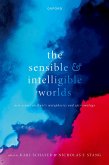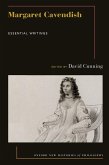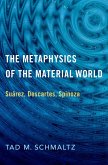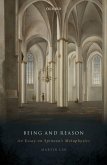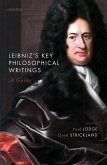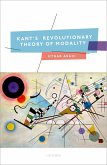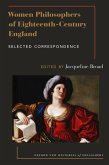The seventeenth century was a period of extraordinary invention, discovery and revolutions in scientific, social and political orders. It was a time of expansive automation, biological discovery, rapid advances in medical knowledge, of animal trials and a questioning of the boundaries between species, human and non-human, between social classes, and of the assumed naturalness of political inequality. This book gives a tour through those objects, ordinary and extraordinary, which captivated the philosophical imagination of the single most important French philosopher of this period, Ren? Descartes. Deborah J. Brown and Calvin G. Normore document Descartes' attempt to make sense of the complex, composite objects of human and divine invention, consistent with the fundamental tenets of his metaphysical system. Their central argument is that, far from reducing all the categories of ordinary experience to the two basic categories of substance, mind and body, Descartes' philosophy recognises irreducible composites that resist reduction, and require their own distinctive modes of explanation.
Dieser Download kann aus rechtlichen Gründen nur mit Rechnungsadresse in A, B, BG, CY, CZ, D, DK, EW, E, FIN, F, GR, HR, H, IRL, I, LT, L, LR, M, NL, PL, P, R, S, SLO, SK ausgeliefert werden.



